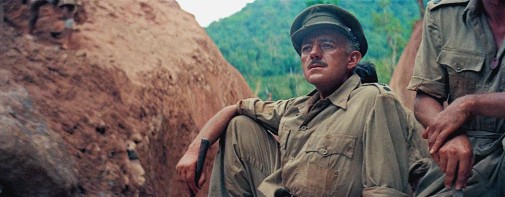Best Supporting Actor in the 80s: An Alternative Oscar History
 Tuesday, November 26, 2024 at 8:30PM
Tuesday, November 26, 2024 at 8:30PM  As in real life, Jack Nicholson takes a Best Supporting Actor prize during the 1980s. But not for TERMS OF ENDEARMENT, however.
As in real life, Jack Nicholson takes a Best Supporting Actor prize during the 1980s. But not for TERMS OF ENDEARMENT, however.
November is coming to an end and so is our 80s throwback celebration. That means I have to wrap-up these alternative Oscars posts. After sharing personal ballots for Best Actress and Best Supporting Actress, it’s time for the other acting categories, starting with the thespians who enrich their films from the sidelines. As ever, the ballots presented follow Oscar eligibility rules, all its quirks and oddities. There are also honorable mentions, some ineligible gems who weren’t up for the Oscar due to release date shenanigans or a lack of submission on their distributors’ part. Finally, I also added a number of titles on my watchlist and would appreciate all your recommendations to enrich these dream Oscars of mine…




